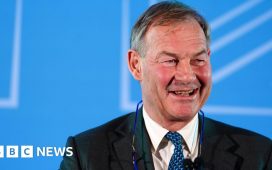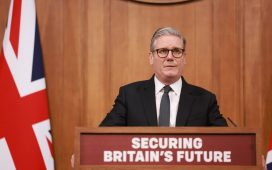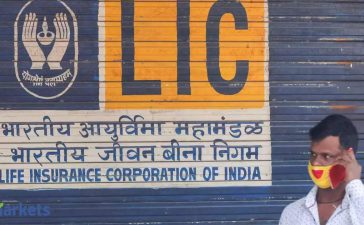Rishi Sunak has accused Keir Starmer of stoking a “class war” by maintaining his vow to add VAT on to private school fees if Labour wins the next election, a move that Sunak said would “punish” affected parents.
The prime minister said Labour’s approach “illustrates that they don’t understand the aspiration of families like my parents who were working really hard”.
Sunak said his parents “wanted to do something for their kids that they thought would make a difference to them. Labour’s approach to that is to clamp down on it.”
He added: “They don’t understand the aspiration that people have to provide a better life for their kids. They want to punish them for that as part of some class war. I don’t think that is right.”
The attack on Labour’s policy came after the opposition party clarified that it intended to raise about £1.5bn through tax changes such as adding VAT to school fees, without stripping them of charitable status as Starmer and other shadow ministers had previously suggested.
The Conservatives are seeking to use the change in policy stance to accuse Labour of flip-flopping. But a Labour source said polling was “actually supportive of the party’s current policy so we’re happy we have the opportunity to explain our offering to the public”.
Bridget Phillipson, the shadow education secretary, defended the decision on not removing charitable status, saying it was “not necessary” for the party to go ahead with its VAT plans in government.
“I’ve always been focused on how we end the tax breaks and how we then use that money to deliver higher standards in our state schools. Ending charitable status was not a necessary part of doing that,” Phillipson said during a Q&A session hosted by Mumsnet.
“We can press ahead with ending the tax breaks relatively quickly and then put that money into delivering better outcomes for children. So the policy is unchanged in that regard.”
Labour sources say changing schools’ charitable status would be time-consuming, involving legislation and potential court challenges, while applying VAT to school fees would be relatively straightforward.
Analysis by the Institute for Fiscal Studies has estimated that adding VAT to private school fees could raise a net £1.3bn to £1.5bn a year, which Labour has said it would use to recruit 6,500 more teachers.
Phillipson said there was “ample room” in England’s state schools if higher fees led to an exodus from the independent sector, and suggested that private schools could cut their costs rather than pass on the full 20% of VAT.
“Private schools are not required to pass on a VAT to parents and I think they could choose to make different choices themselves about how they offer different kinds of provision,” she said.
“Everyone in recent years has had to make cutbacks. Many of the people who are taking part in this discussion will be facing difficult choices every day about what they can and can’t afford in the middle of a cost of living crisis. I think private schools are no different and perhaps they should reflect on where they could be making savings.”
The headteacher of Starmer’s former school, Reigate grammar, joined the criticism of Labour’s plan, claiming it would not “solve any education problems”.
Shaun Fenton told Times Radio: “You can’t solve the problem of the country’s education system by taxing 7% of the children. And in fact, it won’t be 7% of the children being taxed, will it, because thousands and thousands will leave independent schools and go to state schools.
“So you’re then taxing, let’s say, 3 or 4% of the children. Everyone knows this isn’t really going to raise any money and it’s not going to solve any education problems. And we’d be the only country in Europe doing this.”
Starmer joined the school in 1974, when it was a grammar, after passing the 11-plus entrance exam. Two years later it became a private school, and it now charges fees of more than £22,000 a year.
Sunak attended Winchester College in Hampshire, where fees for day pupils are more than £36,000 a year and boarders pay almost £50,000.











